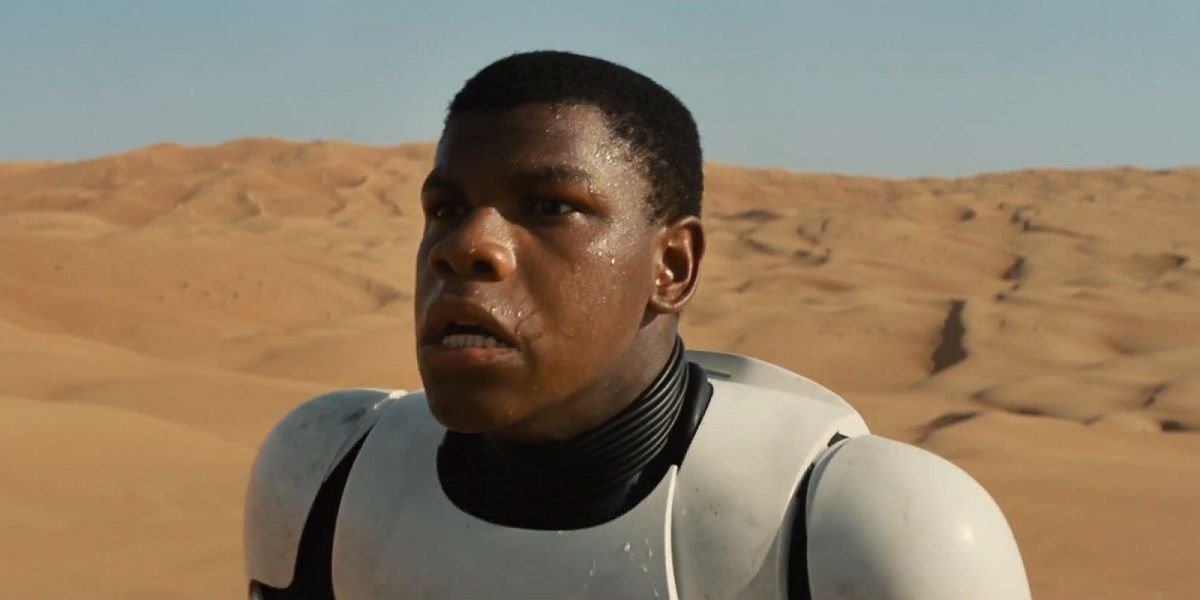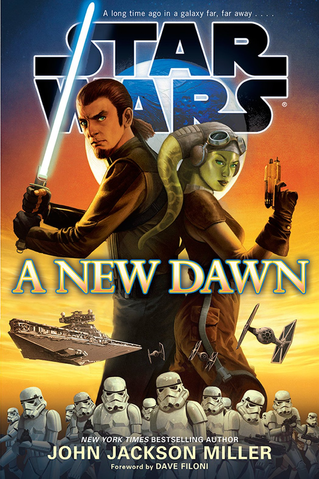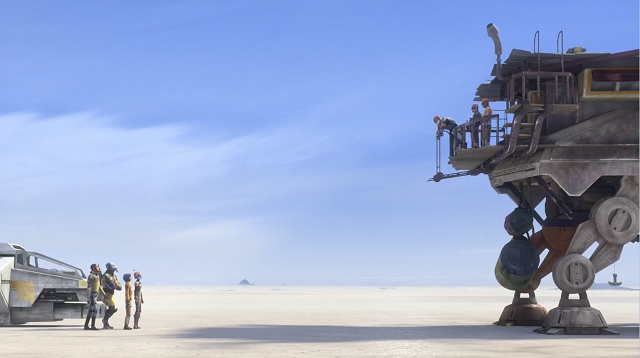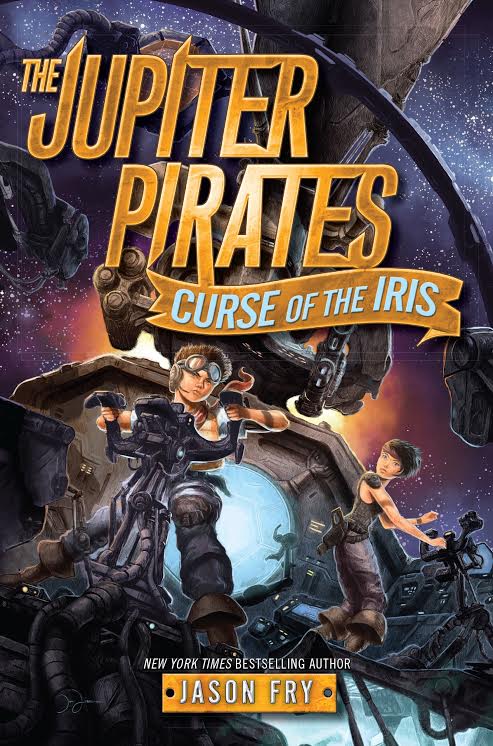
As the release of The Force Awakens gets ever closer, Star Wars is reentering the public consciousness to a degree not seen since 2005—when Twitter and Tumblr didn’t exist, and YouTube and Facebook barely existed. Within Star Wars fandom, TheForce.Net was still the dominant fan news source, and Wookieepedia was a brand-new idea. For both real-world and internet culture, it was a very different time.
And now that it’s happening again, we’re seeing some growing pains as our beloved franchise reenters the mainstream. To my mind, another term for “mainstream” is “lowest common denominator”; and in addition to the many awesome new fans, we’re also earning extra attention from the worst people the internet has to offer—people who have had a decade to coalesce and to practice raising hell. Kathleen Kennedy, bless her heart, seems perfectly happy to challenge those people on every front, by not only adding several women and people of color to TFA, but putting them right out front—while at the same time, Star Wars is represented on television by a group of entirely nonwhite protagonists, and in publishing by more female Imperials than you can shake an E-11 at and more new queer characters than existed in the last thirty-plus years put together.
But this piece isn’t about character diversity and how cool that all is; we’ve made our feelings clear on that by now. Instead, I want to make a larger point that proceeds from diversity being self-evidently a good thing; in fact, that I don’t feel the need to argue that position right now is the point I want to make. Read More
 Now that we’ve all had well over a month to digest the Force Friday releases, some big-picture reactions are taking shape. Recently Jay elaborated on how the Servants of the Empire series
Now that we’ve all had well over a month to digest the Force Friday releases, some big-picture reactions are taking shape. Recently Jay elaborated on how the Servants of the Empire series 
 In
In 